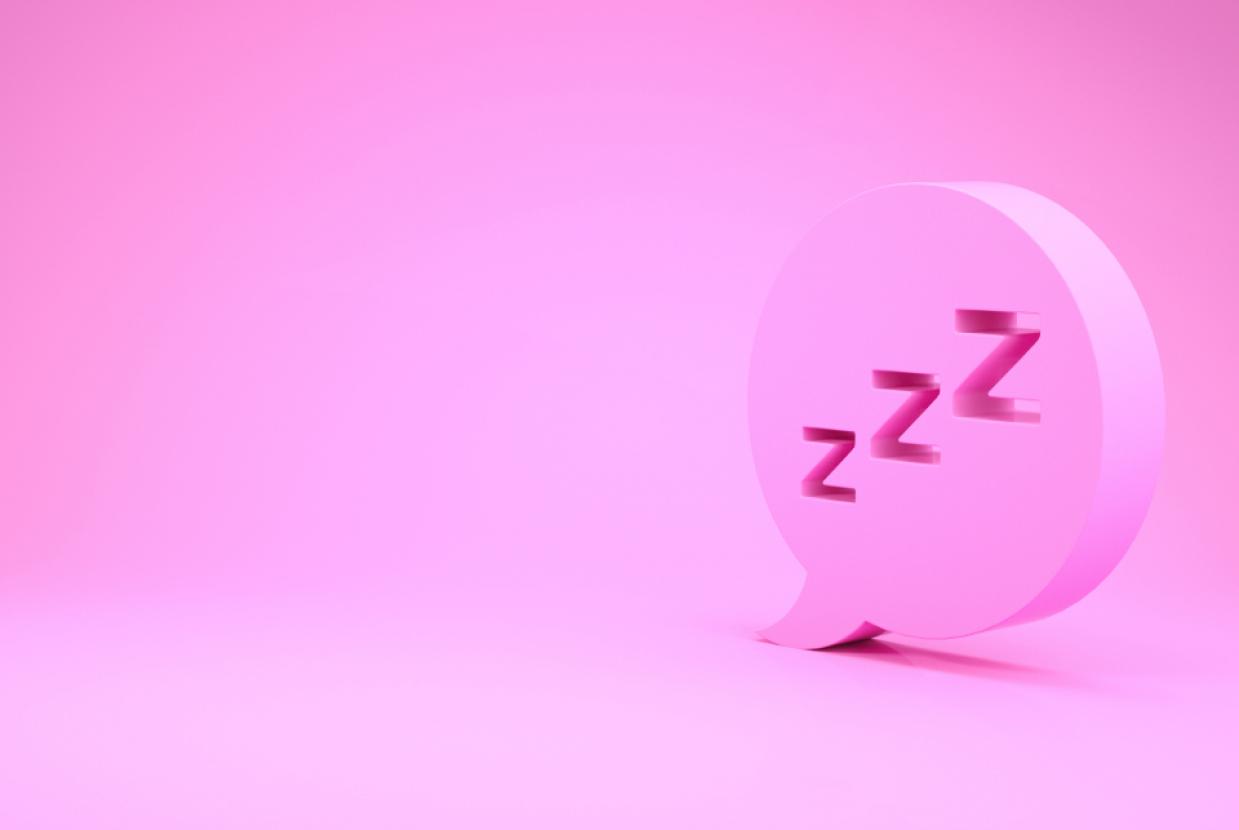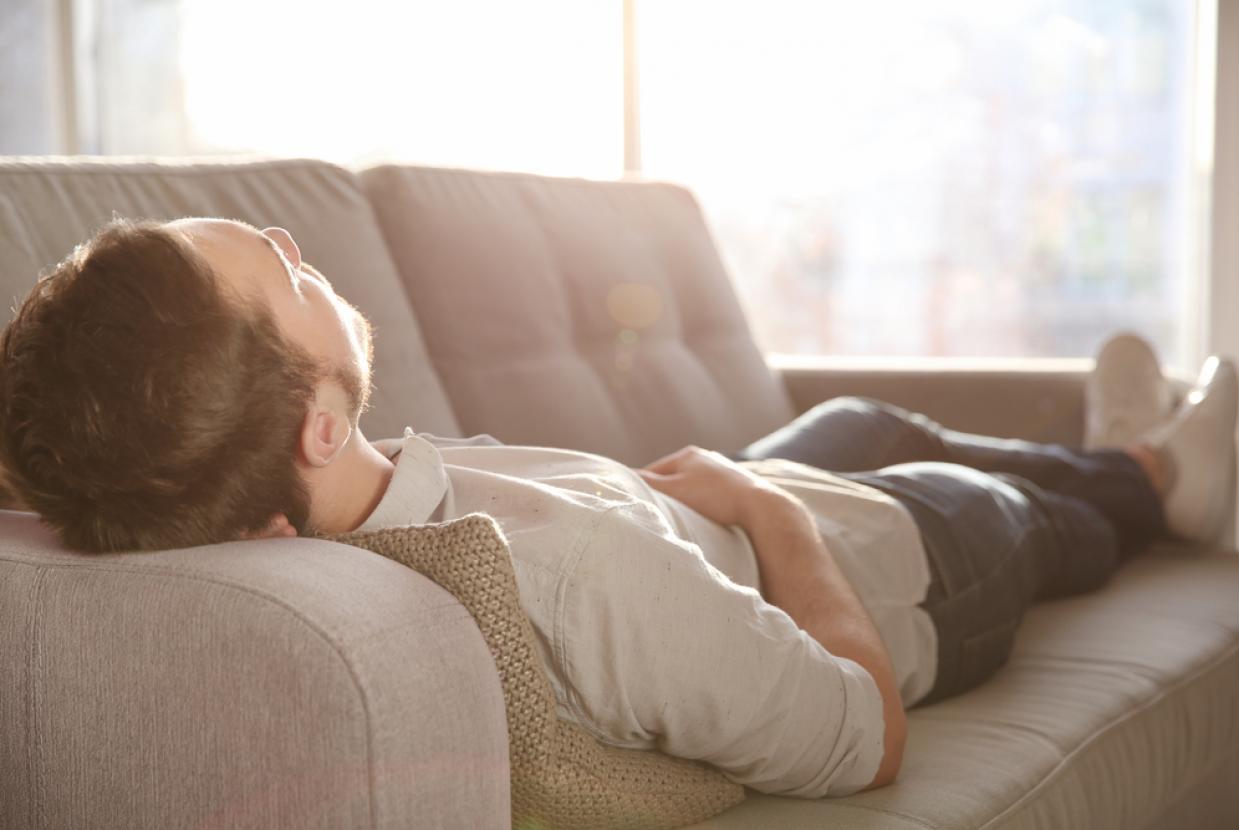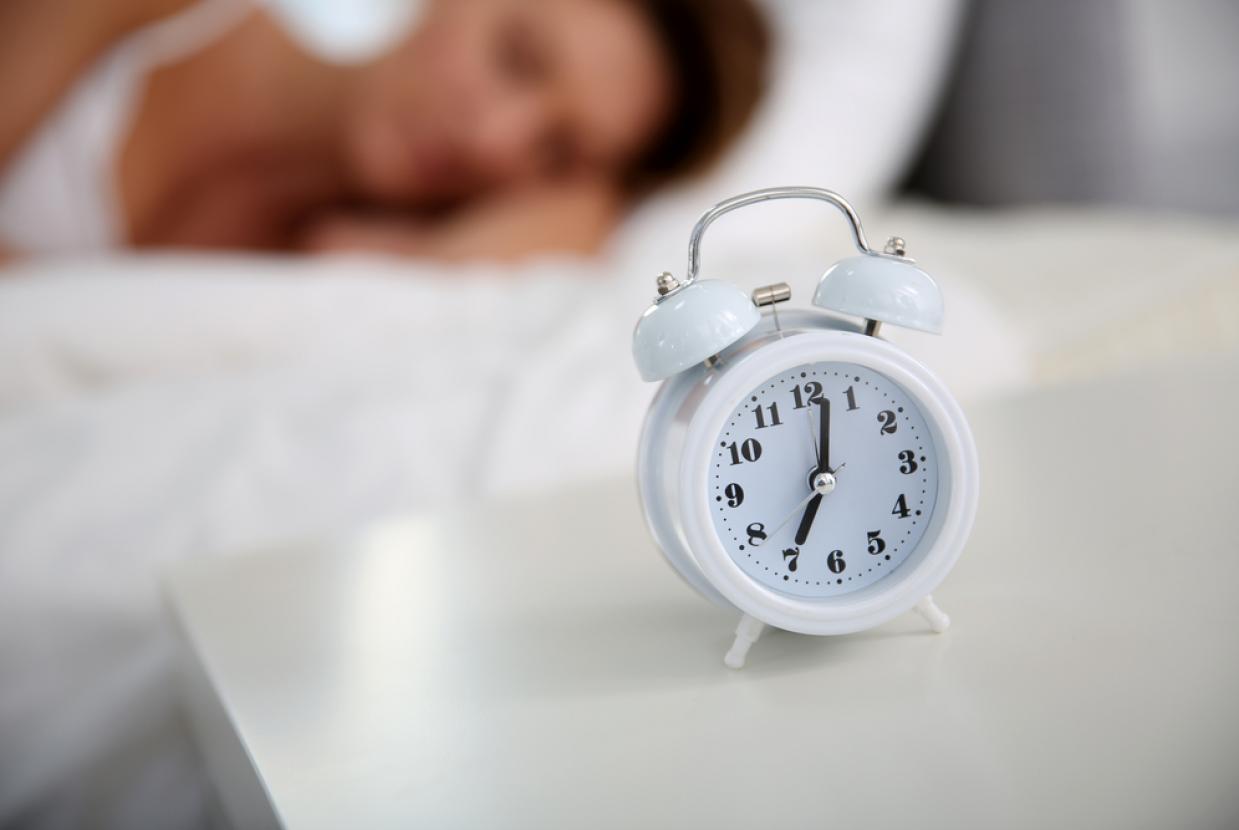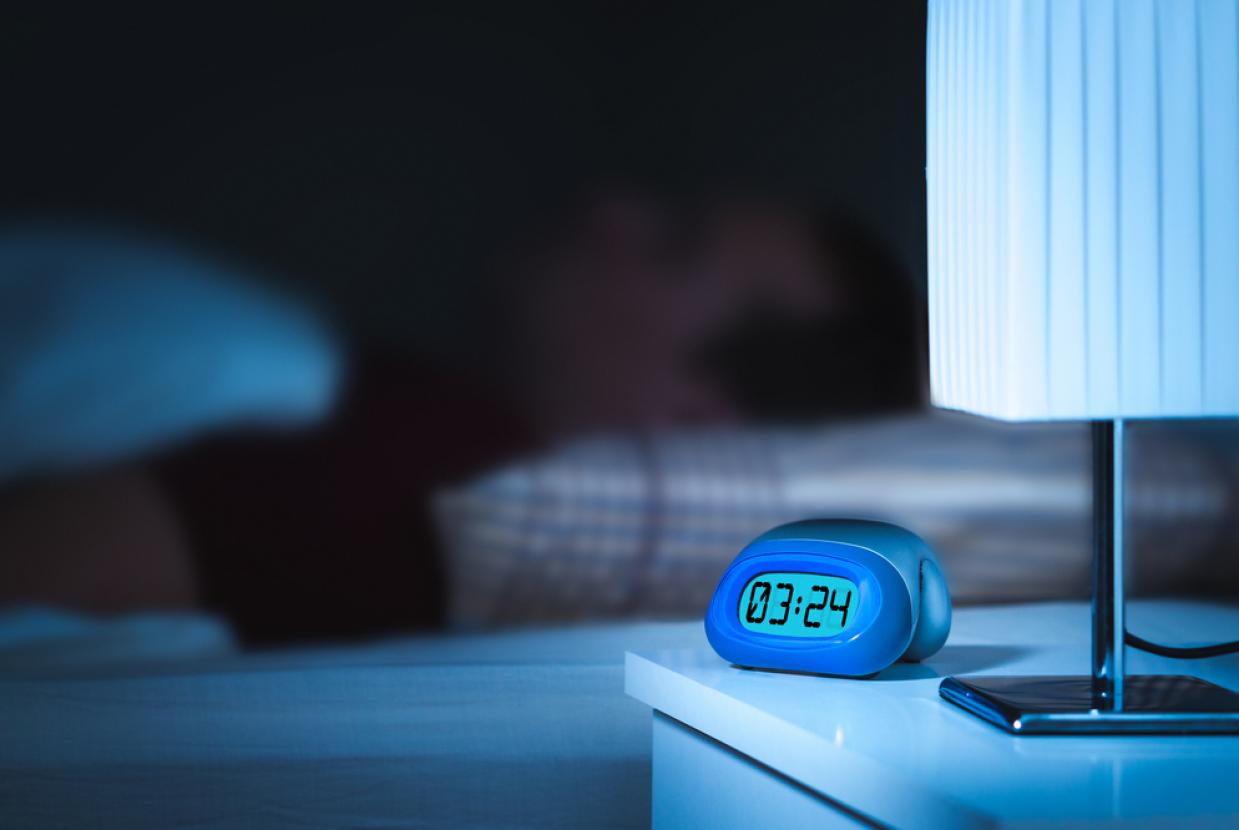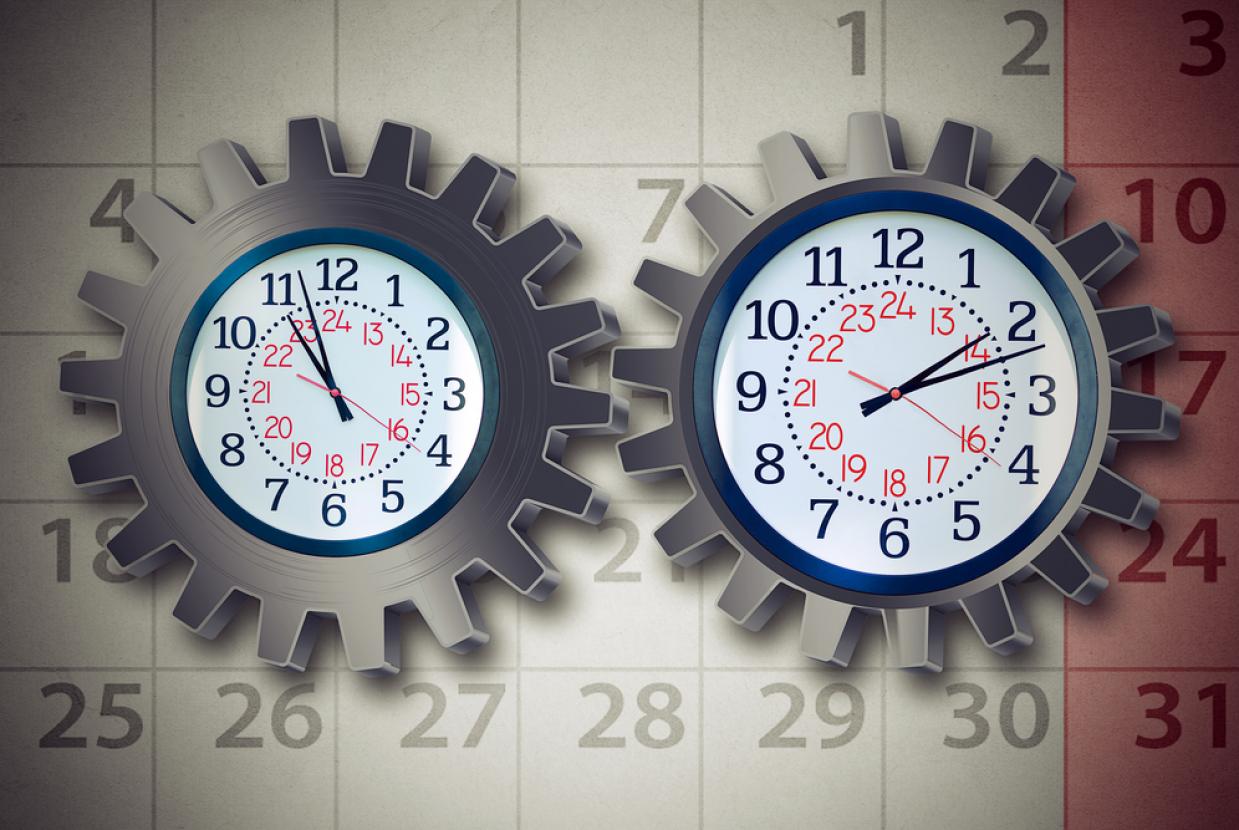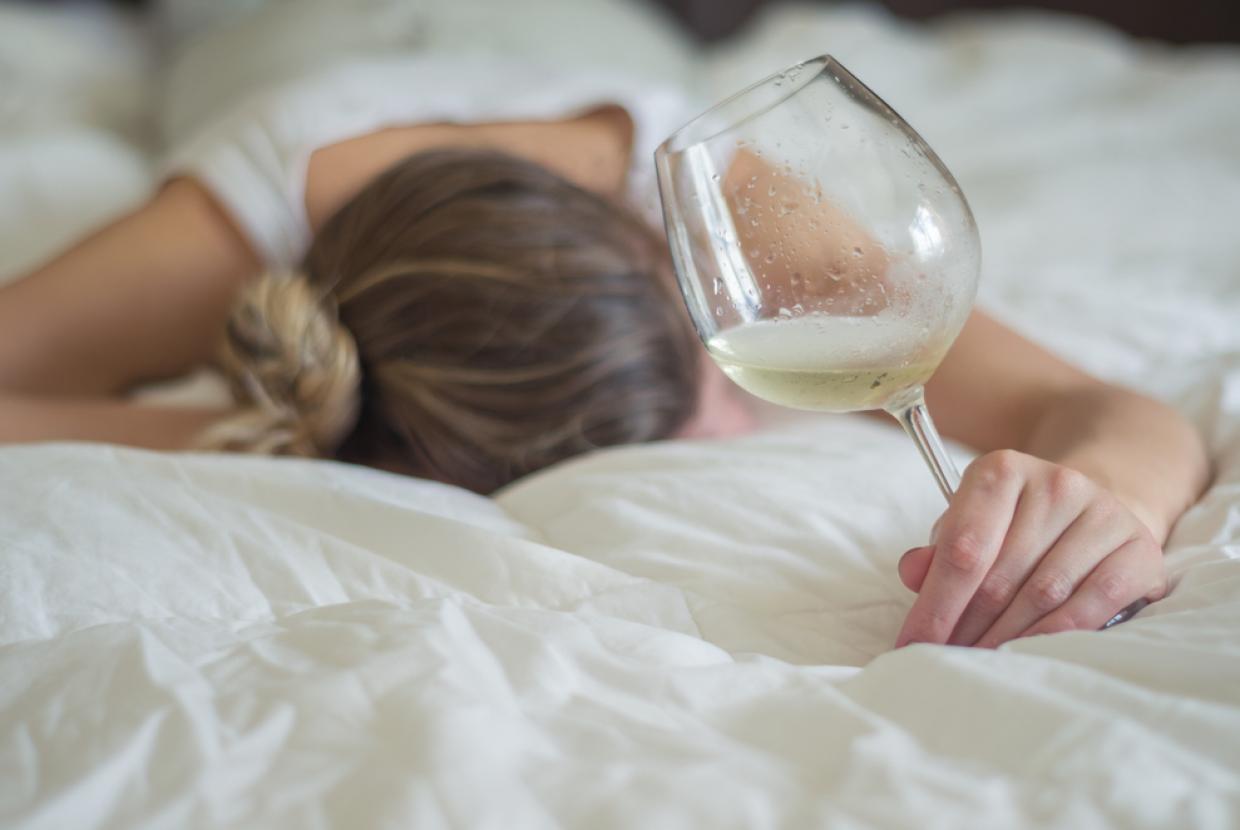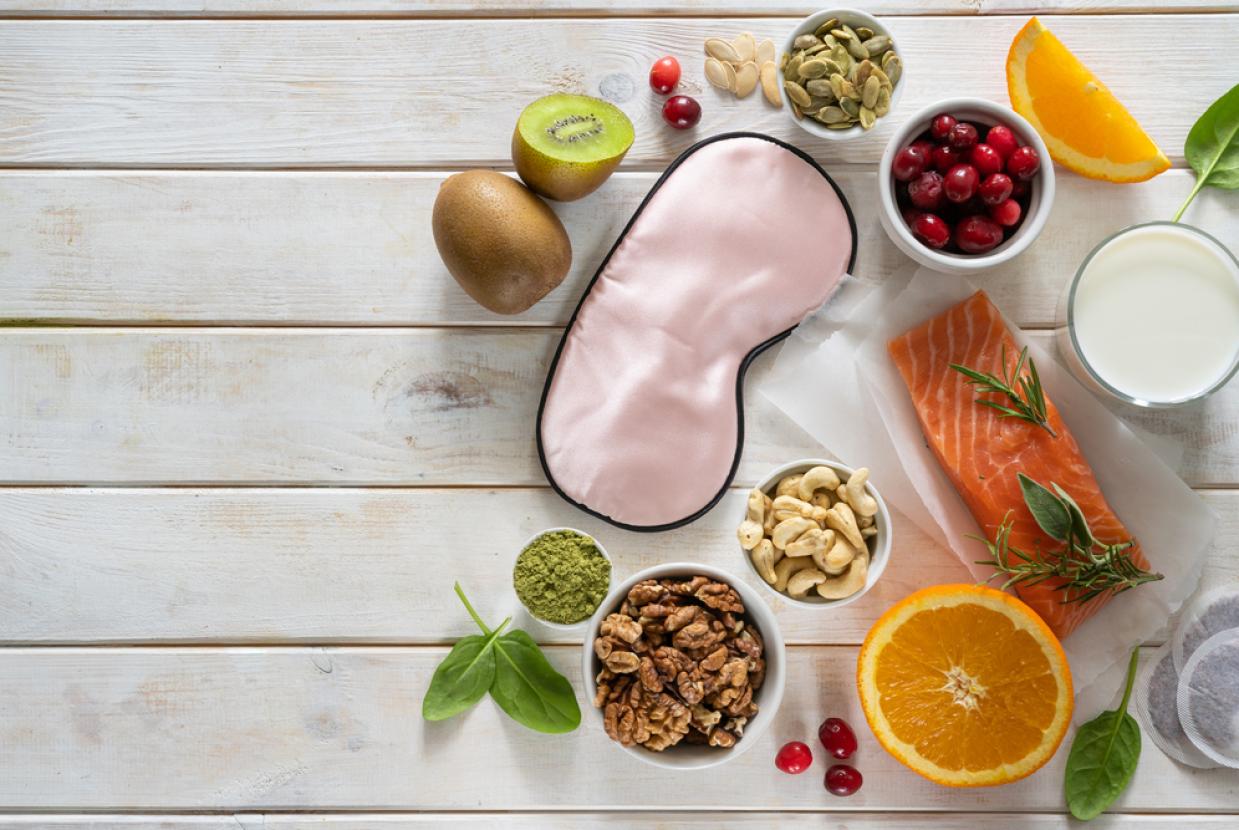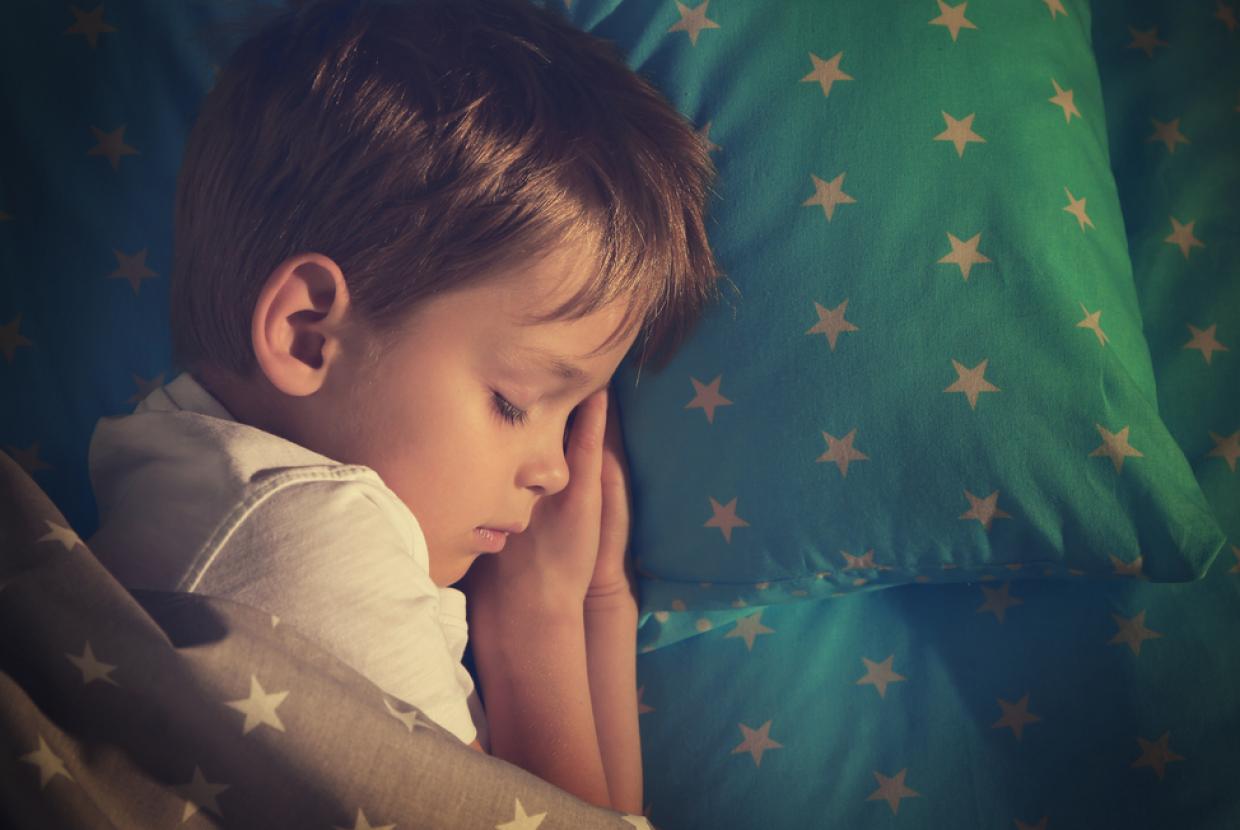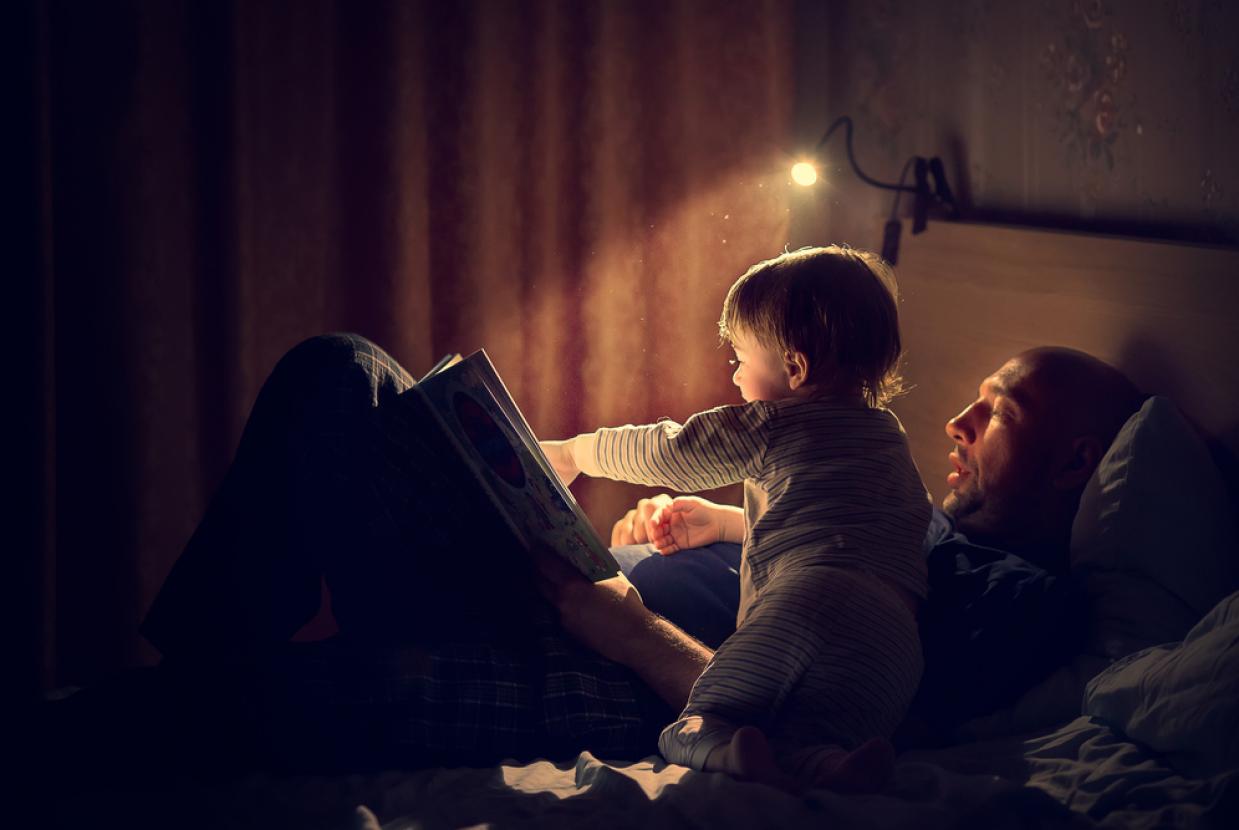5 ways to wipe out winter tiredness
Sleeping BetterDo you find it harder to roll out of bed in winter when the temperature drops and the mornings are darker? If so, you're not alone. Many people feel tired and sluggish during winter.
Here are 5 energy-giving solutions that may help – and some conditions that can sometimes be the cause.
1. Let in some sunlight
As the days become shorter, your sleep and waking cycles may become disrupted. The lack of sunlight means your brain produces more of a hormone called melatonin, which makes you sleepy.
Open your blinds or curtains as soon as you get up to let more sunlight into your home, and get outdoors in natural daylight as much as possible. Try to take even just a brief lunchtime walk, and make sure your workplace and home are as light and airy as possible.
2. Get a good night's sleep
Getting enough undisturbed sleep is vital for fighting off winter tiredness.
It's tempting to go into hibernation mode when winter hits, but that sleepy feeling you get does not mean you should snooze for longer.
In fact, if you sleep too much, chances are you'll feel even more sluggish during the day. We do not actually need any more sleep in winter than we do in summer – aim for about 8 hours of shut-eye a night, and try to go to bed and get up at the same time every day.
Make sure your bedroom helps you feel relaxed and sleepy: clear the clutter, have comfortable and warm bedding, and turn off the TV.
3. Get regular exercise
Exercise may be the last thing you want to do when you're feeling tired on dark winter evenings. But you might be surprised by how energetic you feel after getting involved in some kind of physical activity every day.
Exercise in the late afternoon may help to reduce early-evening fatigue and also improve your sleep. Try to reach the recommended goal of 150 minutes of exercise a week.
Winter is a great time to experiment with new and different kinds of activity.
For instance, if you're not used to doing exercise, book a session at one of the many open-air skating rinks that operate during the winter. Skating is good all-round exercise for everyone, including beginners. There are also many dry ski slopes and indoor snow centres in the UK, which will offer courses for beginners.
If you're feeling like being more active, arrange a game of badminton at your local sports centre, or a game of tennis or 5-a-side football under the floodlights.
If you find it hard to get motivated to exercise in the colder, darker months, focus on the positives – you not only will feel more energetic but may also avoid putting on weight during the winter.
4. Learn to relax
Are you feeling pressured to get everything done during the shorter daylight hours? If so, it may be contributing to your tiredness – stress has been shown to contribute to tiredness.
There's no quick fix for stress, but there are some simple things you can do to help to reduce it. Many people find adding meditation, yoga, breathing exercises or mindfulness techniques into their day helps them to calm down and feel more relaxed.
5. Eat the right food
Being overweight or underweight can affect your energy levels and leave you feeling sleepy. So it's important to make sure you eat a healthy, balanced diet.
Once the summer ends, there's a temptation to ditch the salads and fill up on starchy foods such as pasta, potatoes and bread. However, you'll have more energy if you include plenty of fruit and vegetables in your comfort meals.
Winter vegetables – such as carrots, parsnips, swede and turnips – can be roasted, mashed or made into soup to provide a warming winter meal for the whole family. And classic stews and casseroles are great options if they're made with lean meat or pulses, and plenty of veg.
You may find your sweet tooth going into overdrive in the winter months, but try to avoid foods containing lots of sugar. They may give you a rush of energy, but it's one that wears off quickly.
Do I have a health condition?
While it's normal for all of us to slow down over winter, there are some medical conditions that could be causing your tiredness.
Sometimes a lack of energy and enthusiasm (lethargy) can be a sign of winter depression. Known medically as seasonal affective disorder (SAD), it affects around 1 in 15 people, but it can be treated.
If your tiredness is severe and present all year round, you could have chronic fatigue syndrome. Your tiredness may also be linked to a condition like anaemia, or a long-term infection that your body is trying to clear. If your tiredness is stopping you from going about your normal life, or goes on for a long time, you should talk to a GP.













